The Raspberry Pi HQ Camera Module has been around for a few months, but we hadn't quite gotten around to fully exploring the 12-megapixel, high-resolution imaging it provides – until now. We decided to test the camera's wide angle and telephoto lenses out to show you a comparison between the two.
Professional, high-resolution imaging with Raspberry Pi!
It was a lot of fun to show the differences between Raspberry Pi's new HQ lenses - the high-res gif below is a good example. Now let's talk a little more about the Raspberry Pi HQ Camera Module and lenses.
The High Quality Camera Module is a camera sensor designed to accept CS-mount lenses and, with the supplied adapter, C-mount lenses for use with the Raspberry Pi single board computer line. It offers higher resolution (12 megapixels, compared to eight megapixels), and sensitivity (approximately 50 percent greater area per pixel for improved low-light performance) than the existing Camera Module v2.
The telephoto lens produces a 10 MP picture in a one-inch image format, and is easily interchangeable using the thumb screw and adapter included with the Pi HQ Camera Module. Meanwhile, the wide angle lens produces a 3 MP picture in a half-inch image format, and is easily interchangeable using the thumb screw and adapter included with the Pi HQ camera module.
If you need a camera option for your Raspberry Pi at a more economical price point with only slightly reduced quality, the Raspberry Pi Camera Module V2 and the Raspberry Pi Camera Module - Pi NoIR V2 both offer 8 MP of resolution and are capable of 3280 x 2464 pixel static images, and also support 1080p30, 720p60 and 640x480p90 video.
If you want more Raspberry Pi camera content, check out some of the posts above!


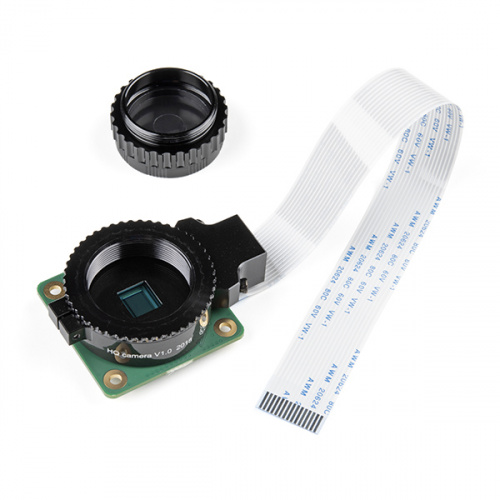
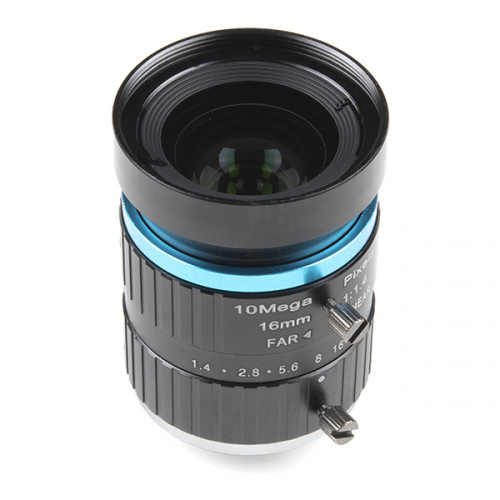
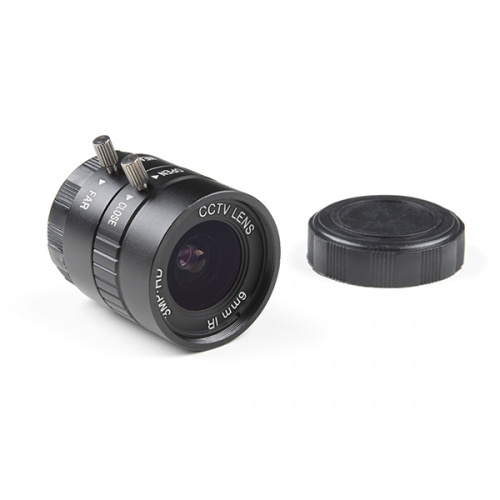
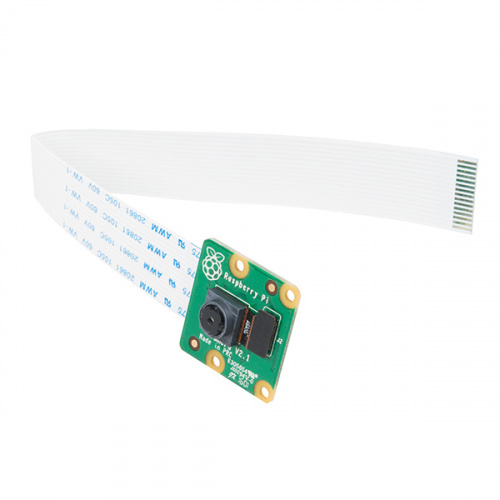
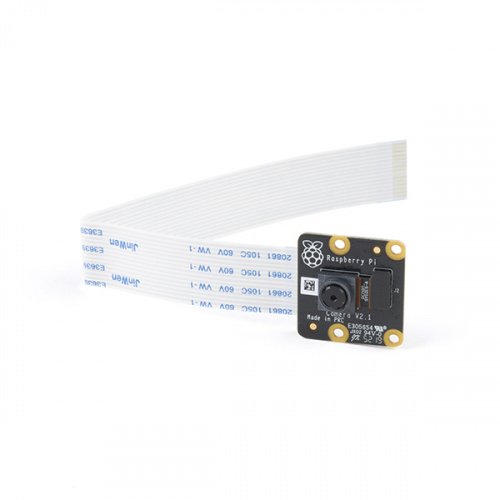

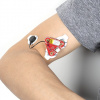

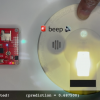
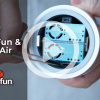
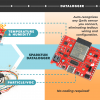
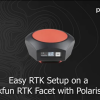
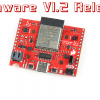
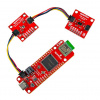
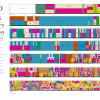
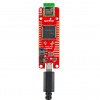
Very cool! Previously, I probably would not have looked towards such technologies, but now it is almost top. We are always on the move, how can you capture all this? Only in this way! Cool!
Great video of comparisons between the lenses. Were you using a Pi 3 or 4? Also what software were you using to record the video?
Thanks! :)
I've worked a lot with lenses like the ones that Cassie shows in this video. One thing that wasn't too clear here is what is meant by a lens being 3MP or 10MP. On the raspberry pi, you will get an image with whatever resolution you choose to capture at. The 3MP or 10MP describes the resolving power of the lens and is a bit of an inexact term. Lenses have something called a circle of confusion, which is the smallest size that a point of light can be focused to. A 3MP lens will have a larger circle of confusion than a 10MP lens. The Megapixel rating for a lens gives you a rough comparison between lenses if you are trying to shoot at a high resolution. If you go further down the wormhole, each lens has an image circle, which is how big of an image (in the shape of a circle) it can project onto a sensor. If you are picking your own lenses then you need to pay attention to that as well. TL;DR: The megapixel rating of a lens roughly describes the resolving power of the lens rather than the size of the image that you can capture with your sensor.
Thanks for the description of the lenses. Do you have any recommendation for a lens that could be used for copying 35mm slides and negatives?
Thanks, Wayne